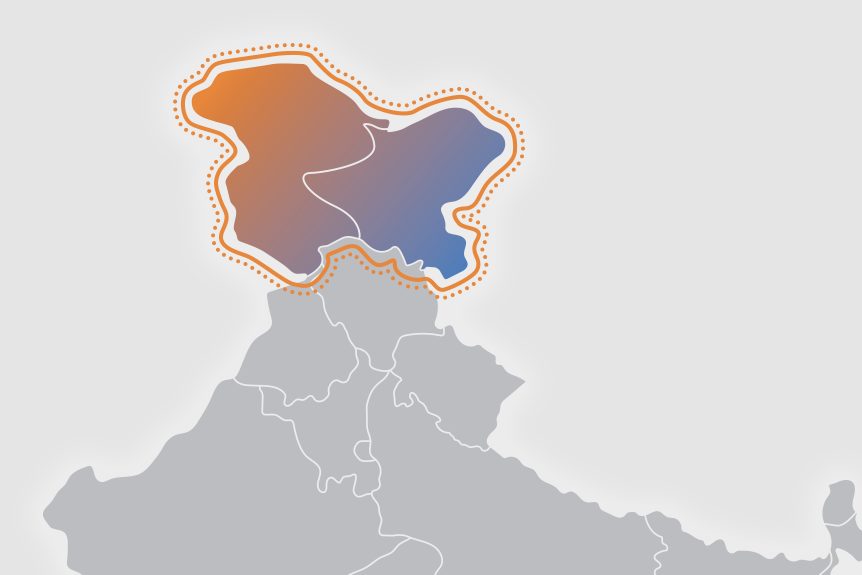July 14, 2016 (Sacramento, CA) — Important steps were taken today towards ensuring that Hinduism and India are presented equitably and accurately following the California State Board of Education’s decision to approve the History-Social Science Framework.
The widely contested Framework, adopted after a nearly two-year process, including extensive input from Hindu American community groups, parents, and school children, now incorporates prominent mention of Hinduism’s pluralistic ethos, Hindu sages of diverse backgrounds, and the importance of the Bhakti movement. The Framework also maintained the term ‘ancient India’, despite attempts to change most references to India to ‘South Asia’. These changes, initially made in the May hearing, were officially adopted today by the Board.
While Hindu Americans can rightly claim victory on many fronts, HAF Senior Director and Human Rights Fellow Samir Kalra voiced disappointment that the Board was not swayed to make even a few more changes requested by Hindus.
Kalra said, “The Board showed much sensitivity to activists representing Islam and Muslims, by adjusting the frameworks slightly to show the religion in a more positive light.”
Kalra went on to note, however, “We only wish they had shown the same empathy when discussing further changes on the presentation of Hinduism.”
Contrary to the repeated and false assertions made in some testimonies, HAF representatives restated that they have always acknowledged the existence of caste and caste based discrimination throughout the Indian subcontinent, and their submissions throughout the process reflected this fact.
“Our edits only sought context, separating the social evil from the eternal teachings of ancient and contemporary Hindu spiritual leaders,” Kalra continued. Still, Kalra was satisfied that such blatantly false conflations comparing caste to slavery, or the varna system as a ‘caste pyramid’ remained discarded.
Also of concern for HAF leaders was the retention of language concerning “religions of Ancient India, including but not limited to Hinduism.” With every other religion covered in the Framework, including other Indic traditions such as Buddhism and Sikhism, getting specific mention, Hinduism needed to be presented similarly they said. This is something in fact mandated in the content standards, yet remains unimplemented.
“We made great progress,” said Barbara McGraw, convenor of the Social Sciences and Religion Faculty Group. “We have a long way to go. But we are on our way to a bright future for a more equitable representation of Hinduism in California textbooks.”
HAF leaders said that the Foundation will now shift focus towards the textbook adoption process to ensure that the progress that was made in the frameworks is upheld in the textbooks. HAF said that the Foundation will continue its efforts also with teacher trainings and community competency building to ensure that the remaining gap in Hindu understanding and adopted frameworks is bridged completely.






































